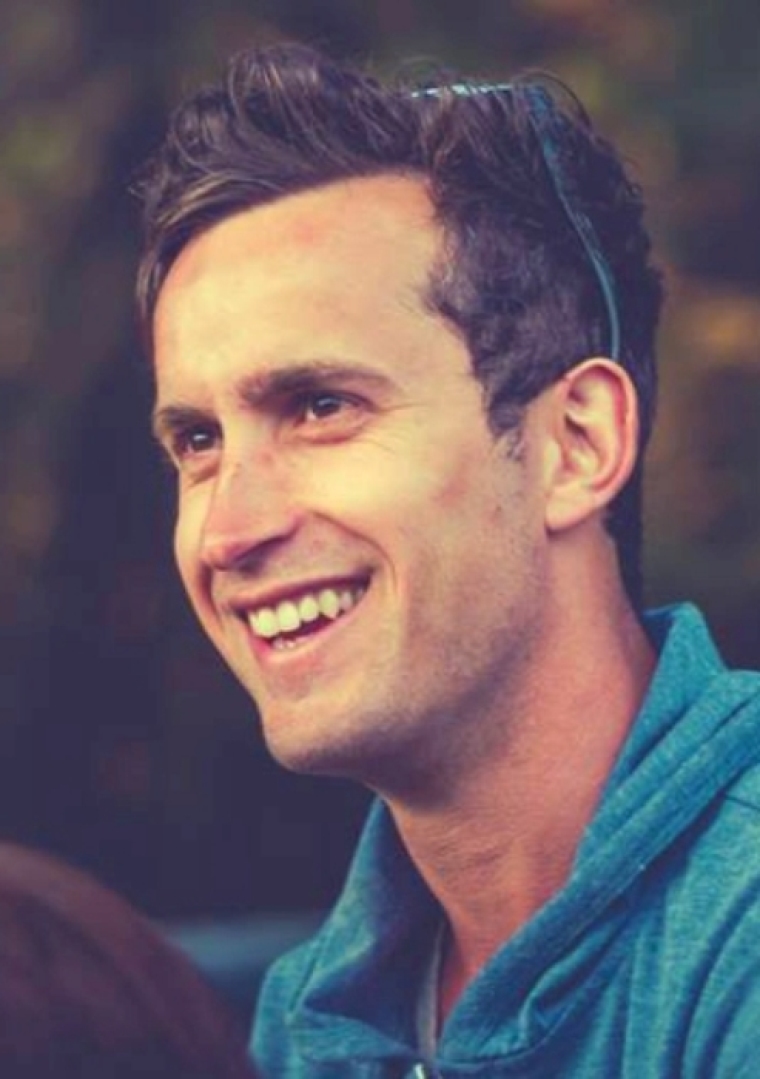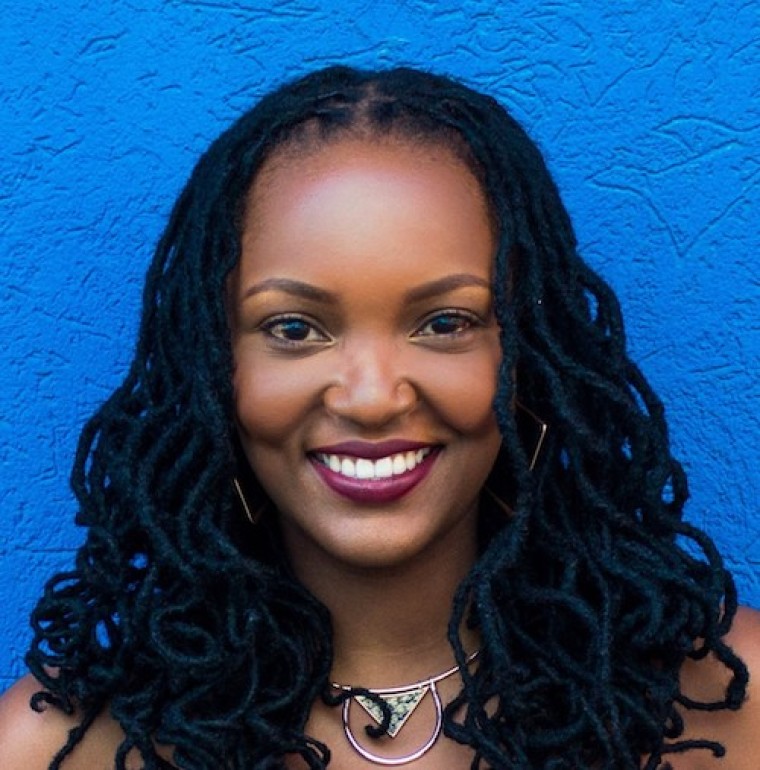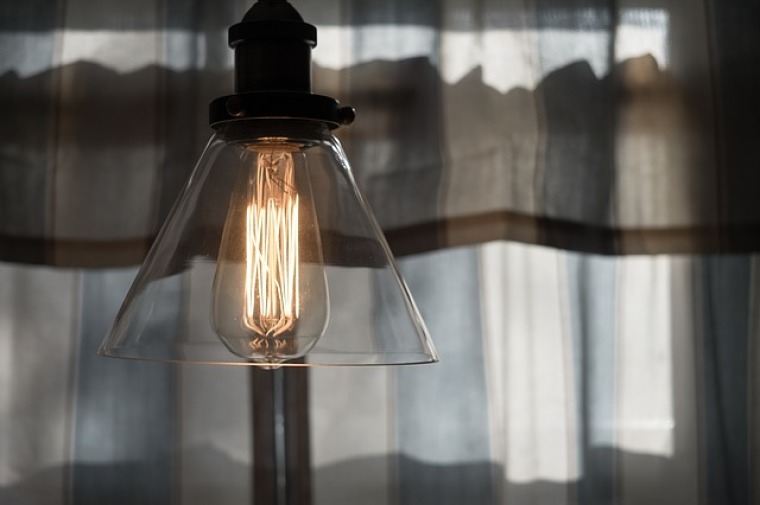

I was driving on an Auckland motorway the other day around midday, and I saw something that blew my mind. A car with an empty trailer was in a hurry, and cut off a lady in a people mover sitting in the fast lane. The driver almost clipped her as he pulled in front.
The people mover lady didn't like this at all and sped up, clearly upset! She swerved really close, wound down her window and shook her fist yelling and making threatening gestures. Trailer guy sped off like a scared animal; I sped up a little to watch the commotion.
Both cars were speeding and swerving all over the road while everyone else tried to steer clear. Trailer guy gets stuck behind traffic and people mover lady pulls up and throws a full cup of something at the guy splashing its contents all over the windshield. Again trailer guy tries to make a getaway.
More rubbish flies out of the people mover and, with his trailer bouncing behind him, trailer guy narrowly squeezes through a gap between two cars forcing the two lane motorway to become three.
I thought I was going to witness a full speed car flip, but trailer guy made his getaway and took an early exit. I passed a wake of debris and frightened drivers.
I couldn't help but wonder if this was normal behaviour for this stretch of the motorway and whether people mover lady regularly acted like that?
Did she display the same rage at her partner at times? What about her kids in the back seat?
Princess Diana
Just after Princess Diana died in 1997 there was this massive outpouring of public grief. She was loved by many, and of course there was going to be shock and sadness felt by all who knew of her, but it was unprecedented how many flowers were laid at the gates of Buckingham Palace, and just how deeply it affected everyone.
Some people, who had never met her, were more upset about her death than they would have been about their own sister's.
Philosopher Peter Rollins thinks this phenomenon was because her death served as an appropriate venting mechanism. People had so much of their own pent-up pain and sadness, so much suppressed hurt and bitterness that the floodgates opened up with Diana's death: it gave an outlet for everyone's personal inner suffering to overflow. It was as if people knew they were sad, but weren't quite sure why.
Venting
The reason I share these two stories is that it seems like people in our culture who are potentially quite reserved at funerals, and who find road rage quite extreme are actually living on this knife edge between sanity and stress; between stability and sorrow.
Anger and sorrow seems like it's bubbling under the surface of our PC culture, like shaken bottles of champagne waiting for an excuse to blow their tops.
I went to Muriwai beach the other day and saw the blowhole in full force. As the waves roll into the rocks the energy of the ocean is released through a small crack in a rocky cavern blasting water 20 metres in the air.
Sometimes like the blowhole we end up not being able to vent in a healthy way. So the compressed steam inside finds a release, sometimes when we least expect it, and sometimes from the smallest little frustration.
Unfortunately—and here's the interesting part—instead of venting with rage or dealing with our inner struggles, we find it's far easier to just blame someone else.
We entertain the idea of the "other" and most of the time, the other is just like us. Whether it's the Mexicans, Muslims, liberals and gays for the American right. Whether it's gun-loving, Bible-bashing fundamentalists for the left. Whether it's the immigrants taking the jobs in England, or Asians buying property in New Zealand; there is always a scapegoat in some shape or form.
Now be honest—when I shared the road rage story, did you picture the people mover lady? I bet she didn't look like your mum.
The Scapegoat
Philosopher René Girard sees this tendency to scapegoat others as the central storyline of human history! There has always been another tribe we love to hate.
As long as the evil is blamed on some "other," and we can keep our focus on changing or expelling someone else, then everything we do ourselves is excused, and our own problems and vices go unchecked.
It's almost as if you feel far more included in a certain group, not by affirming what you stand for and agree upon, but rather by affirming what your group stands against.
In a past article I talked about negativity getting stuck in our brains more easily than positivity. We can stew on revenge and replay in our heads ways we've been hurt to further reinforce our scapegoating nature.
It sounds archaic in 2016, but scapegoating is everywhere. You don't have to look far to see groups who promote hate of another group, you don't have to look far to see presidential candidates tearing down their opponents, and blaming someone else.
Cops and Robbers
It's certainly necessary, especially when you're young, to have a sense of a tribalism, to discover who your friends are and to figure out what danger looks like. It's ok to play cops and robbers, to have a sense of good guys and bad guys, but the delusion comes when you believe that the people in your tribe are entirely good, and all those outsiders are entirely bad.
The trouble comes when you ignore this paradox as you mature, and you hold on to this primitive 'either/or' thinking.
The trouble comes when you suppress emotions, fears, doubts and it all bubbles out as anger. The trouble with scapegoating is that it's an endless cycle.
The Alternative
A revolutionary man once said to love your enemy. It sounds absurd, just like when that same guy said we had a plank in our eye?
I believe if you are strong enough to hold together the contradictions in yourself and others, and can do so with compassion, forgiveness, patience and tolerance, you'll begin to transcend our tribal tendencies to scapegoat.
This revolutionary man came to end scapegoating, by becoming the ultimate scapegoat. Jesus became the problem; he became the broken, imperfect other. He entered into solidarity with the world rather than standing above or apart from it.

Unless we transform, move forward, reconcile, repent and resurrect (to use biblical language) from our own prejudices and our own cycles of suppressing and blaming, we'll be stuck in an endless cycle of blaming the noisy neighbours or the next driver who cuts us off.
Brad Mills enjoys the outdoors and almost any sport... For a day job he's a journalist who works at the Rhema Broadcasting Group in Auckland New Zealand.
Brad Mill's previous articles may be viewed at www.pressserviceinternational.org/brad-mills.html